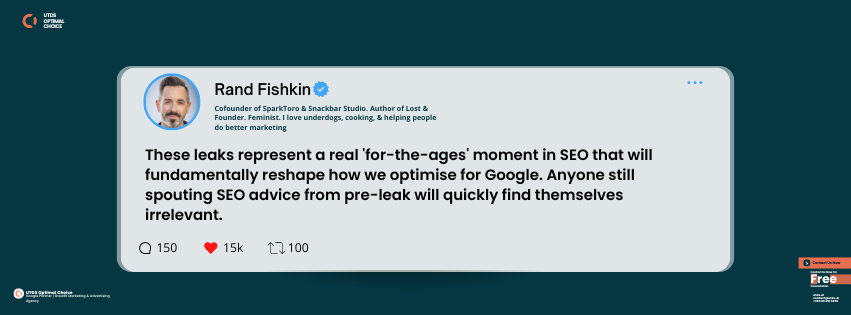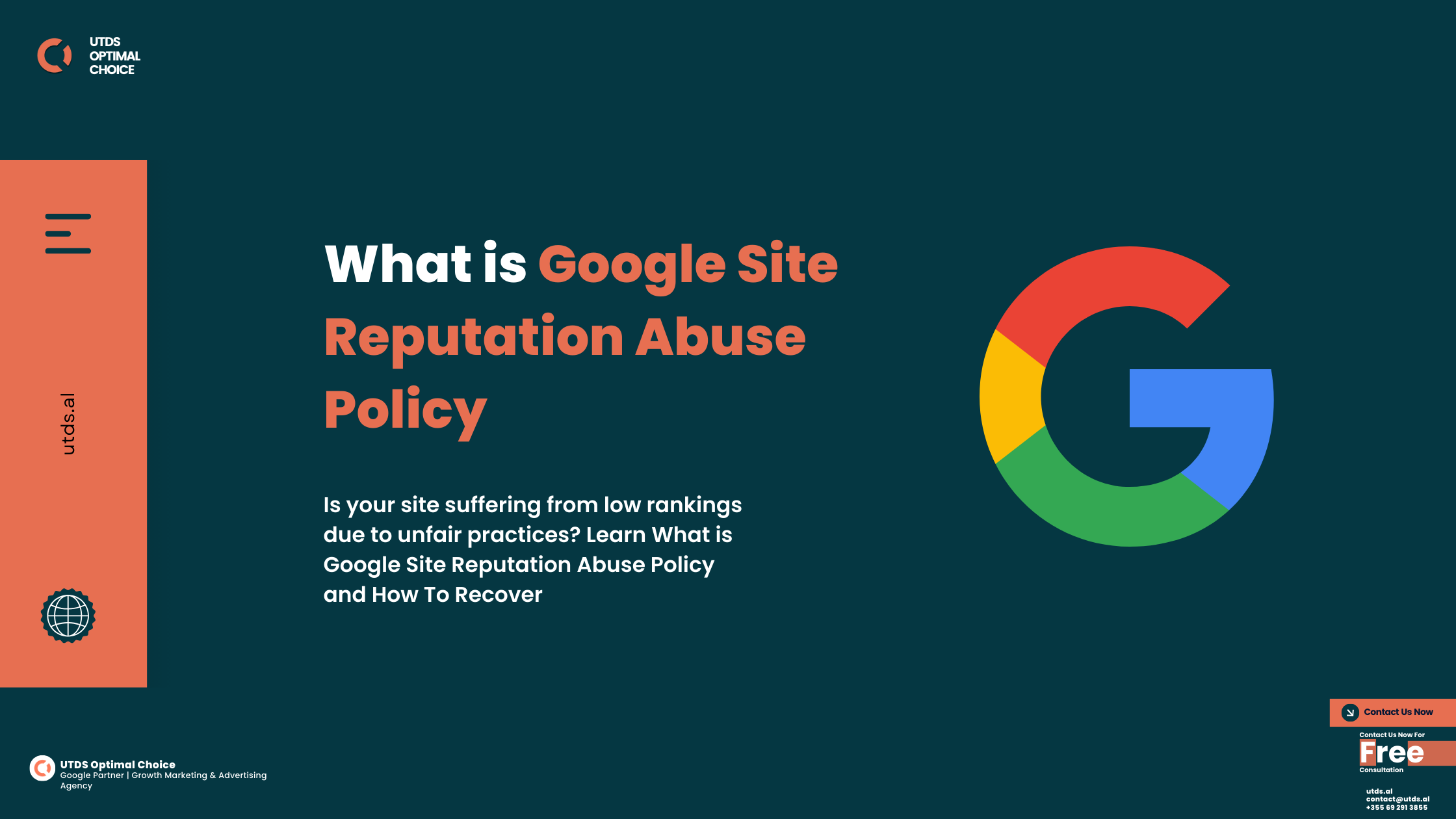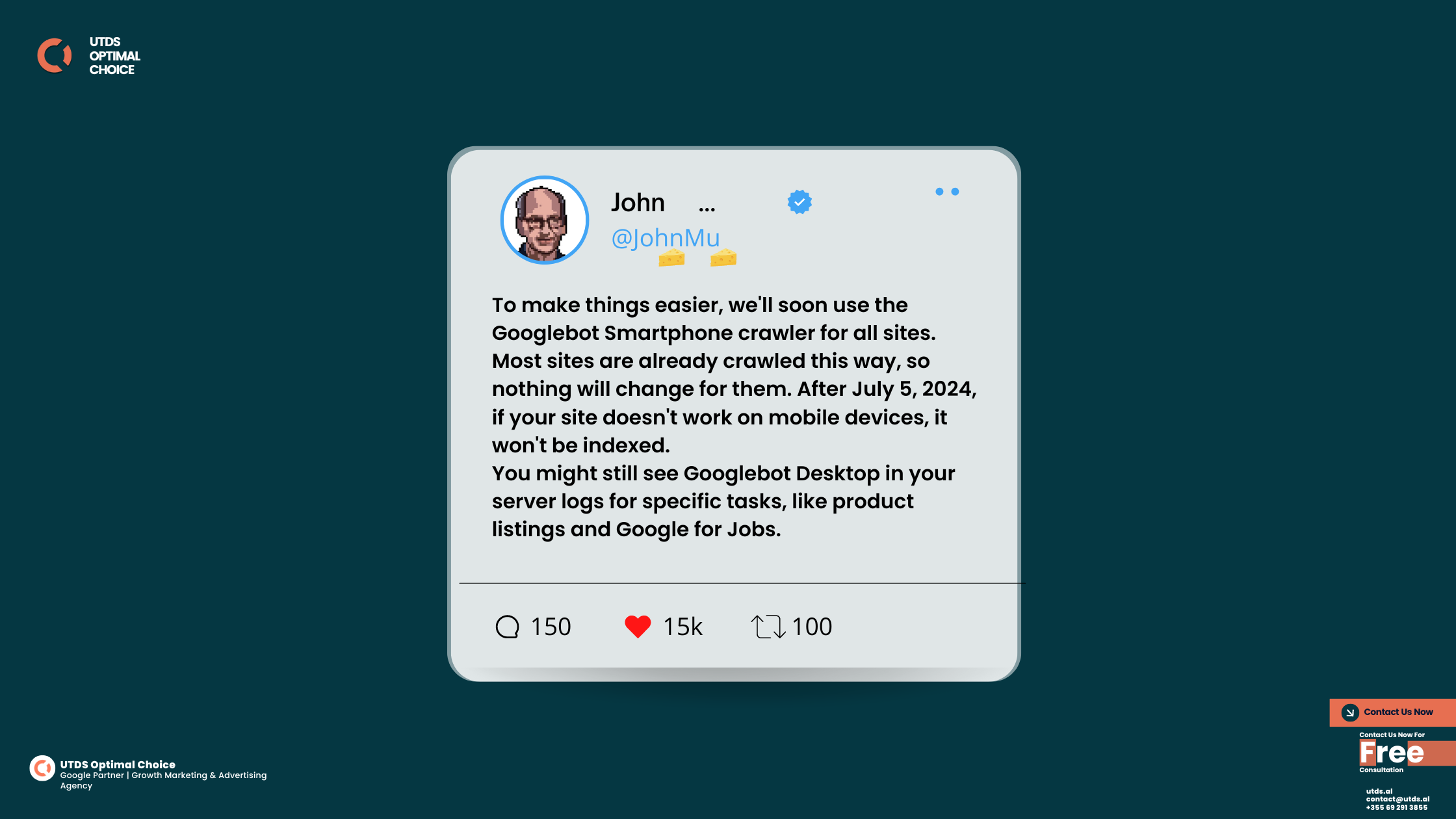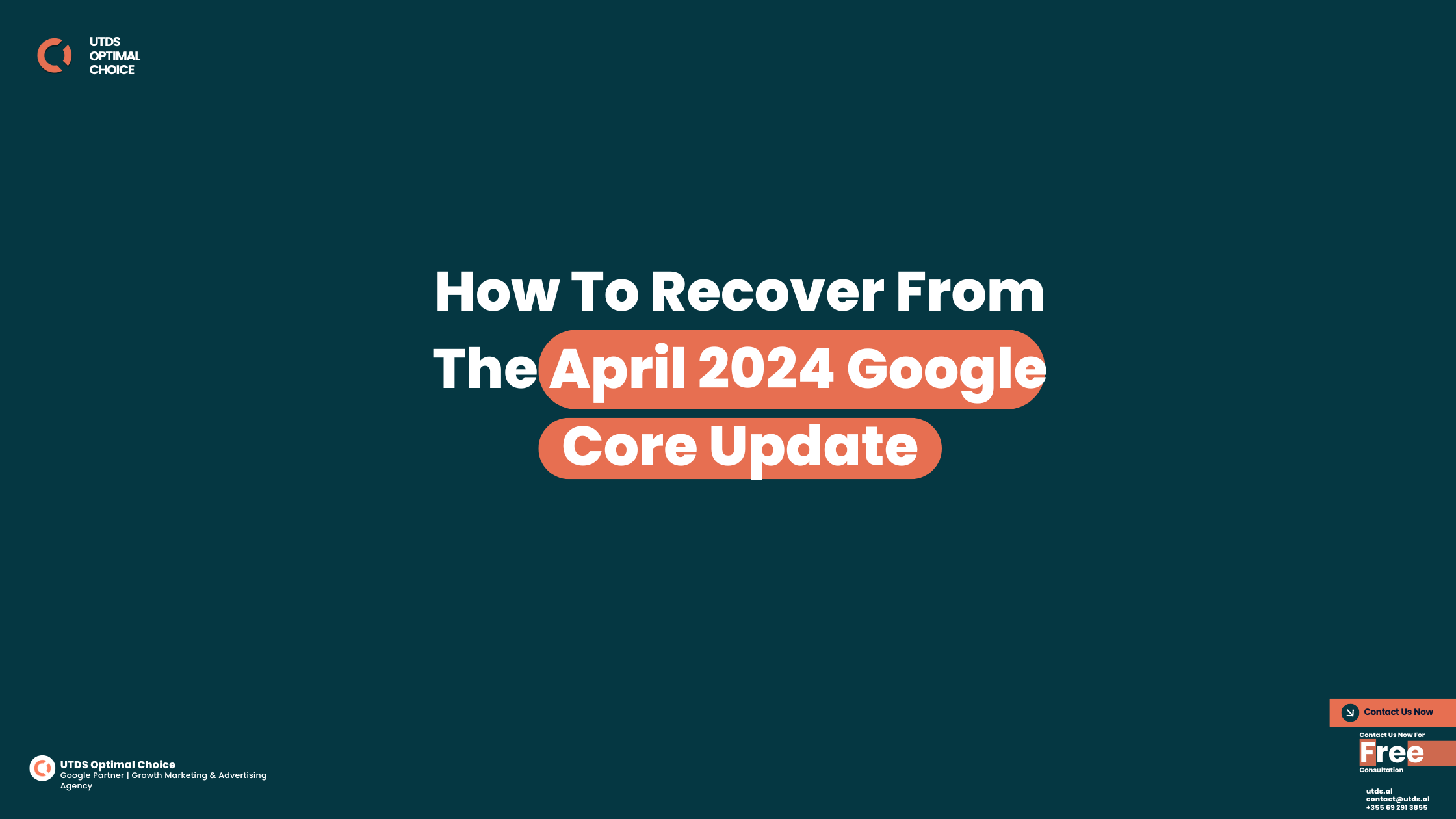Something huge happened recently that is shaking up the world of SEO and digital marketing. A massive Google algorithm leak of Google’s internal documents revealed secrets about how Google’s search engine actually works behind the scenes. This is a really big deal, because Google has always been extremely tight-lipped about the specific factors and processes that go into their ranking algorithms. This forced SEOs and marketers to reverse engineer best practices through testing and theory.
So what exactly did this Google algorithm leak reveal? And more importantly, what does it mean for how businesses and marketers should approach SEO, digital PR, and link building going forward? Let’s dig into the juicy details.
Take your SEO strategy to the next level with key insights from Google's algorithm. Contact us today to start climbing the search rankings.

Key Takeaways From Google Algorithm Leak
What the Google Algorithm Leak Uncovered
The implications of this algorithm leak are huge. It could completely disrupt current SEO strategies and force businesses to rethink their entire approach to activities like keyword research, on page SEO optimisation, link building, and more. The algorithm leaks bring to light information about how search engine works contradicts years of statements from Google about aspects like user signals and site authority metrics.
The leaked documents provided an unprecedented look under the hood at Google’s internal processes and systems. Here are some of the biggest bombshells from the leak:
User Clicks Matter for Rankings
For years, Google has claimed that user clicks and engagement metrics don’t directly influence search results and search rankings. Well, the leaked info shows this was not exactly true. Google does use data from user clicks through its NavBoost system to adjust rankings, suggesting user behaviour plays a much bigger role than we thought.
Site-Wide Authority Matters
The Google algorithm leaks also verify that Google measures and weighs something called “siteAuthority” at the overall domain level, not just individual page authority. So essentially the authority of your entire website factors heavily into rankings, rather than just optimising individual pages in isolation. Building up site-wide credibility through links and authority is key.
Chrome Usage Data Utilised
Unsurprisingly, Google utilises data from its market-leading Chrome browser to shape ranking signals. User interactions, browsing behaviour, and other data harvested from Chrome is fed into Google’s system to determine relevancy and ranking factors. This highlights Google’s ability to leverage its products for gathering valuable user data.
Modular Ranking System
The Google leak files also revealed that Google’s ranking mechanism isn’t one singular algorithm. Rather, it’s comprised of a complex network of micro-services that each carry out specialised functions. This includes systems like Trawler for crawling the web, Mustang for generating initial rankings, and numerous other modules. It’s a highly sophisticated and modular infrastructure.
Authorship & Entity Recognition
According to the leaked documents, Google has an advanced system for recognising and understanding topical entities within content. It also crucially tracks authorship data and credibility signals of content creators. So both covering in-depth topical entities and creating content from credible, authoritative authors weigh heavily on rankings.
Content Freshness & Quality
As expected, having fresh content that is high quality and original is prized in Google’s systems. The algorithm leak shows they robustly measure content freshness through multiple date attributes and assess quality through a variety of signals. There are even systems devoted to detecting plagiarism and duplicate content issues.
Importance of API Documentation
One of the less-discussed but crucial aspects revealed in the algorithm leak is the importance of API documentation. Google’s algorithms rely heavily on data exchange through various APIs, and the documentation for these APIs plays a vital role in ensuring seamless integration and functionality. Understanding and utilising Google’s API documentation can provide significant advantages in optimising websites for better search engine performance. Proper use of APIs can improve site indexing, enhance user experience, and ensure that your site’s data is correctly interpreted by search engines.
Role of Social Media in SEO
The Google algorithm leak also underscores the growing significance of social media in SEO. Social signals, such as likes, shares, and comments, are increasingly being factored into Google’s ranking algorithms. This development means that a strong social media presence can directly influence your website’s search rankings. Integrating social media strategies with your SEO efforts can lead to more comprehensive and effective optimisation. Engaging content on platforms like Facebook, Twitter, and LinkedIn can increase website traffic, brand awareness, and improve search rankings.
So in many ways, this Google algorithm leak gave us a peek behind the curtain we’ve never had before into how Google’s systems actually operate. And as you can see, the reality is quite different from the simplified explanations Google has provided over the years. But what does this mean for SEO strategies going forward? Check our SEO Basics to know more
Impact on SEO Strategies
So how might these leaked insights force marketers and businesses to pivot their SEO strategies and practices? Here are some of the big areas impacted:
User Experience & Engagement
With user click data factoring into rankings, the entire user experience of your website and content takes on much greater importance. Having clear click pathways, compelling titles/descriptions, low bounce rates, and high dwell times will be crucial for demonstrating positive engagement in Google’s eyes. Check here to know more about what is responsive web design and how it can help you
Site-Wide Authority
In the past, many SEO efforts were hyperfocused on optimising individual pages and posts in isolation. But with site-wide authority signals in play, a more holistic approach will be required. Activities like authoritative backlink building, establishing brand credibility, and cultivating high-trust pages across your website will move to the forefront.
Digital PR & Link Building
To build that crucial site-wide authority, proactive digital PR and strategic link acquisition become even more vital components of a well-rounded SEO strategy. Tactics like the skyscraper technique, guest posting, link inserts and more can boost domain authority effectively.
Authorship Optimisation
Since author data is confirmed as a significant piece of Google’s ranking puzzle, ensuring your content meets tough authorship standards will be table stakes. This could mean incorporating robust author bio pages, promoting author brands individually, and prioritising content from well-established expert authors in your niche.
Entity-Based Content
The advanced entity extraction and recognition systems at Google’s disposal mean that previously basic keyword targeting is no longer enough. Creating in-depth, comprehensive content that thoroughly covers all relevant entities and topics in your niche will become the norm for well-optimised pages. Check our competitive keyword research guide to help you with creating in depth content.
Content Quality Signals
While quality content has always been preached by Google, these algorithm leaks give us more clarity into the specific quality signals they meticulously measure. Factors like content freshness, originality, strategic keyword placement, grammar/spelling, and overall EEAT (Expertise, Authoritativeness, Trustworthiness) will become even more crucial to nail down.
As you can see, the SEO world is due for a pretty significant shakeup on many fronts. Succeeding going forward will require adapting strategies to place much greater emphasis on robust authority building, optimised on-page user experiences, quality authoritative content creation, and meticulous attention to numerous granular ranking factors.
Practical Tips for Marketers to Adapt
So what’s an SEO or digital marketer to do amid this sea change? Here are some practical tips for evolving and thriving with your SEO in the post-leak world:
- Conduct a comprehensive audit of your current SEO status, evaluating gaps in site authority, internal linking structure, content quality/freshness, author reputability, and user engagement metrics.
- Develop an authority building gameplan using link building tactics suited for your industry. This could involve:
- Guest posting on authoritative publications
- Utilising HARO and digital PR for high-quality link pickups
- The skyscraper technique to create linkable assets
- Internal linking optimisation
- Reputation management and boosting positive brand signals
- Audit all existing content through a new “entity lens” to identify gaps in covering key topics/entities thoroughly and with requisite expertise. Create a detailed content roadmap for updating older content and publishing well-rounded new pillars.
- Implement robust user tracking and monitoring of engagement metrics like click data, dwell times, bounce rates, etc. Make incremental UX tweaks to boost these metrics wherever possible.
- Establish formal content quality standards and detailed guidelines for your authors/writers to raise the bar for EEAT content, freshness, grammatical correctness, strategic keyword usage, and overall reader value.
- Stay vigilant of any new details or insights emerging from the leaked documents and adjust your SEO roadmap accordingly.
While this latest Google leak turned everything we thought we knew upside down, it also presents an exciting opportunity for marketers to get back on a more direct path to aligning with how Google’s systems actually evaluate websites.
How Can We Help You?
There’s no downplaying the magnitude of this leak. Documents revealing the secretive inner workings of Google’s search ranking systems are unprecedented and represent a true inflection point for the SEO industry.
That’s where the experienced team at UTDS Optimal Choice comes in. As a leading digital marketing and advertising agency, we specialise in helping clients thrive amid industry disruptions like this.
The Google leak represents a unique opportunity to get SEO right and establish a durable competitive advantage online. But doing so requires skilled, future-focused guidance. We have the holistic digital marketing capabilities to steer your business successfully through this inflection point.
Contact us today to discuss an SEO game plan tailored to the new realities ushered in by the leaked Google documentation.
References
Insights from Mike King
Prominent SEO expert Mike King has weighed in on the google algorithm leak, providing valuable insights into its implications. King emphasises the importance of technical SEO and how the leaked information highlights the need for a robust technical foundation for any successful SEO strategy. His analysis also sheds light on how the leaked data can be use to improve website performance and search rankings. Mike King’s emphasis on structured data, mobile optimisation, and page speed aligns with the findings from the leak, suggesting these factors are crucial for better visibility on SERPs. Check his detailed guide here.
Rand Fishkin’s Perspective
Rand Fishkin, the founder of Moz and Sparktoro, has been vocal about the implications of the Google algorithm leak. According to Fishkin, the leak reveals the complexity and sophistication of Google’s ranking factors, which extend beyond traditional SEO practices. He highlights the importance of understanding user search intent and the need for high-quality, relevant content to meet those intents. Fishkin’s insights emphasise the importance of focusing on user experience, content relevance, and engagement metrics to improve SEO outcomes.
Sparktoro’s Analysis
Fishkin’s current venture, Sparktoro, has also provided an in-depth analysis of the algorithm leak. Sparktoro’s findings suggest that the leak confirms many long-held suspicions about Google’s use of engagement metrics and user behaviour in its ranking algorithms. Their analysis offers actionable insights for marketers looking to adapt their strategies in light of the new information. By understanding how user interactions and behaviour data influence rankings, marketers can better optimise their content and website structures. Check their detailed guide here.












